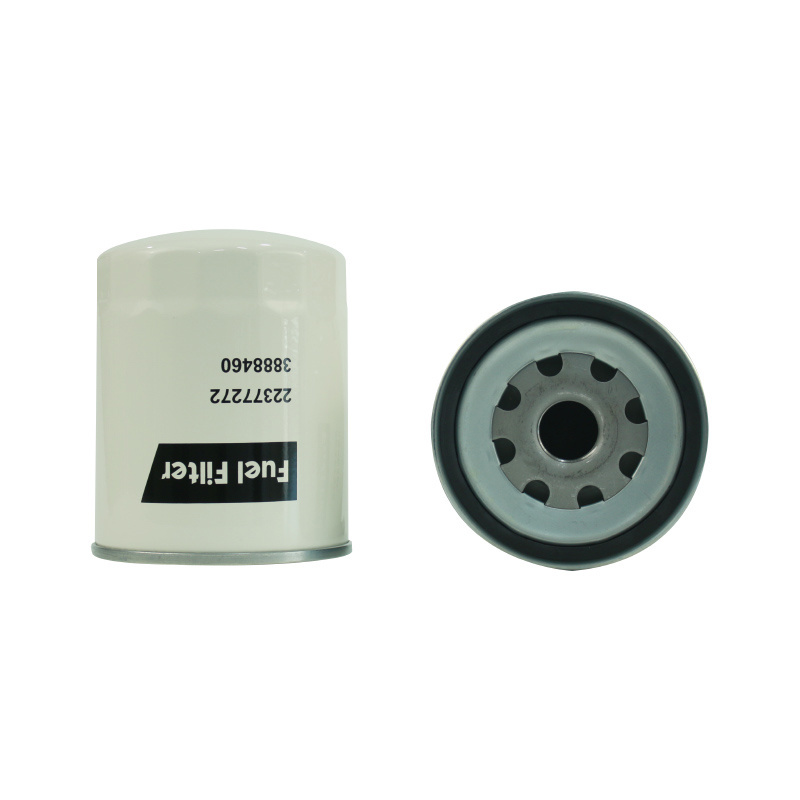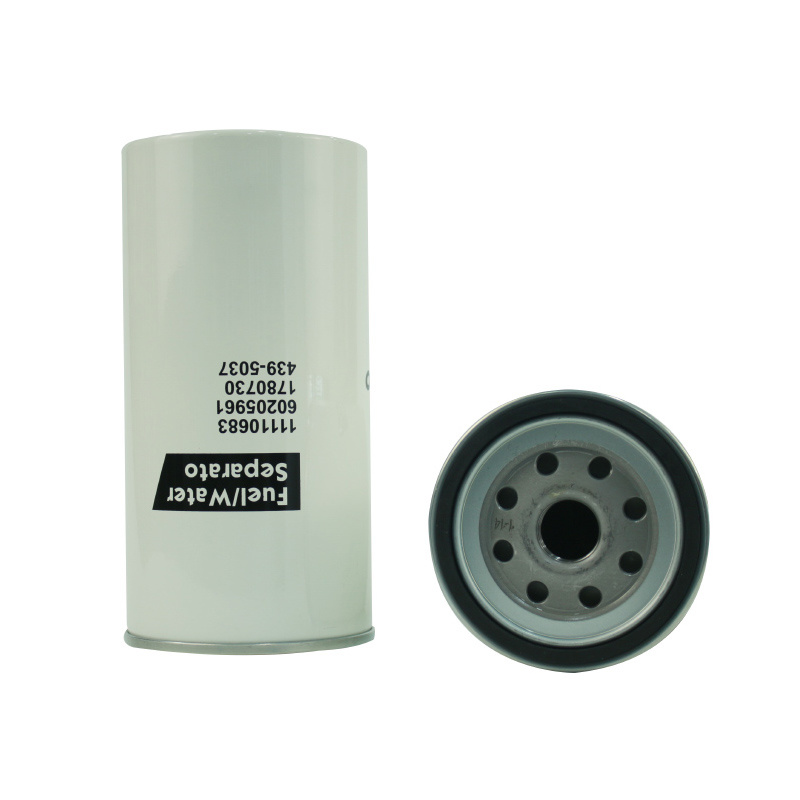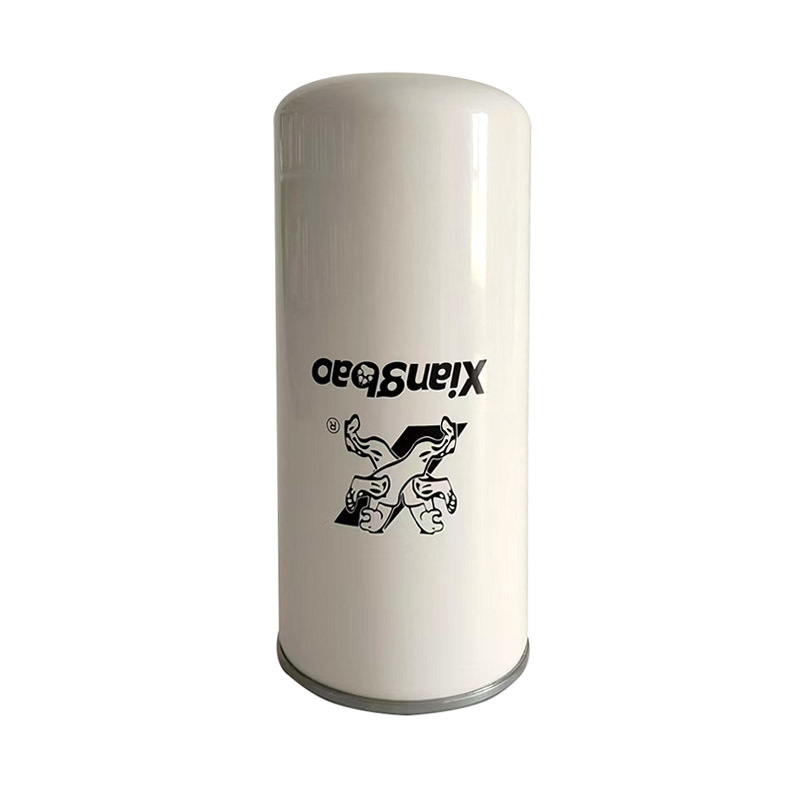Welcome to Hebei Takai Vehicle Parts Technology Co., Ltd.
Essential Tips for Regular Inspection of Tractor Hydraulic Oil Filters
Release Time:
Jun 19,2025
Essential Tips for Regular Inspection of Tractor Hydraulic Oil Filters In the realm of industrial equipment and components, ensuring the longevity and efficiency of your machinery is paramount. **Tractor hydraulic oil filters** play a crucial role in maintaining the overall health of your tractor's hydraulic system. Regular inspections can vastly improve performance and prevent unnecessary breakdo
Essential Tips for Regular Inspection of Tractor Hydraulic Oil Filters
In the realm of industrial equipment and components, ensuring the longevity and efficiency of your machinery is paramount. **Tractor hydraulic oil filters** play a crucial role in maintaining the overall health of your tractor's hydraulic system. Regular inspections can vastly improve performance and prevent unnecessary breakdowns. In this article, we will delve into **essential tips for regular inspection of tractor hydraulic oil filters**, providing you with comprehensive insights to keep your machinery running smoothly.
Understanding the Importance of Hydraulic Oil Filters
Hydraulic systems in tractors rely on the cleanliness of their oil to function efficiently. **Hydraulic oil filters** trap contaminants such as dirt, metal shavings, and other particulates that can compromise the system's functionality. Over time, these filters can become clogged, leading to reduced hydraulic performance and potential damage. Regular inspections are not just beneficial; they are essential for maintaining operational efficiency.
Signs Indicating the Need for Filter Inspection
Before we discuss inspection tips, it is vital to recognize the signs that indicate your hydraulic oil filter may require attention:
1. Decreased Performance
If your tractor is experiencing sluggish operation, it may be time to inspect the hydraulic oil filter. A clogged filter restricts fluid flow, resulting in decreased performance.
2. Unusual Noises
Listen for any unusual sounds while operating your tractor. Strange noises might indicate a problem with the hydraulic system, potentially linked to a malfunctioning filter.
3. Warning Lights
Modern tractors are equipped with warning lights that indicate various issues. If your tractor has a warning light related to hydraulic pressure, check the oil filter immediately.
4. Fluid Contamination
If you notice discoloration or particles in the hydraulic fluid, it's a clear sign that the filter needs inspection and possibly replacement.
Steps for Inspecting Tractor Hydraulic Oil Filters
Now that we understand the importance of routine inspections and how to recognize when to perform them, let's look at the steps involved in a thorough inspection of your tractor's hydraulic oil filters.
1. Gather Necessary Tools and Equipment
Before beginning the inspection process, ensure you have the following tools on hand:
- **Wrenches**: For loosening bolts and fittings
- **Oil catch pan**: To collect any spilled hydraulic fluid
- **Clean rags**: For wiping off excess fluid or debris
- **Replacement filters**: If necessary
- **Safety goggles** and **gloves**: For personal protection
2. Prepare for Inspection
- **Turn Off the Engine**: Ensure the tractor is turned off and cooled down to prevent injuries.
- **Locate the Hydraulic Oil Filter**: Refer to the tractor's manual if you need assistance in finding the filter.
3. Remove the Hydraulic Oil Filter
Carefully loosen and remove the filter, using a wrench if necessary. Be prepared for some hydraulic fluid to spill out; that's why an oil catch pan is essential.
Tips for Safe Removal
- Wear gloves to protect your hands from hot or contaminated oil.
- Use a clean rag to wipe the filter's area, preventing dirt from entering the system during the removal process.
4. Inspect the Filter
Examine the removed filter for signs of damage or excessive dirt accumulation. A well-maintained filter should have minimal contaminants. If the filter is heavily clogged, it is time for a replacement.
5. Check for Leaks
Inspect the filter mounting area for any signs of leakage. If you notice hydraulic fluid around the filter, it could indicate a poor seal or a damaged filter.
6. Replace If Necessary
If your inspection reveals a clogged or damaged filter, it’s crucial to replace it. Always use a filter that meets the specifications recommended by the manufacturer.
7. Reinstall the Filter
- **Apply a Thin Layer of Oil**: Before installing a new filter, apply a thin layer of hydraulic oil to the rubber seal. This helps create a better seal.
- **Tighten**: Screw the filter back into place. Ensure it’s snug but avoid overtightening, which can damage the filter.
8. Dispose of Old Filters Properly
Dispose of the used filter according to local regulations. Many areas have recycling programs for used filters, which help protect the environment.
Establishing a Regular Inspection Schedule
To maintain optimal tractor performance, establishing a regular inspection schedule is essential. Depending on your usage patterns, consider the following recommendations:
1. Daily Checks
If you use your tractor daily, performing a visual inspection of the hydraulic oil filter each day can help catch potential issues early.
2. Weekly Inspections
For those using their tractors more sporadically, a weekly inspection should suffice. This approach ensures that any dirt or contaminants are detected before they can cause significant problems.
3. Seasonal Maintenance
As part of your seasonal maintenance routine, conduct a more thorough inspection that includes checking hydraulic oil and other critical components of your tractor.
Benefits of Regular Hydraulic Oil Filter Inspections
Implementing a routine inspection schedule for your hydraulic oil filters can yield numerous benefits:
1. Improved Performance
Regular inspections ensure your tractor operates efficiently, maximizing its performance and capabilities.
2. Increased Lifespan of Equipment
By keeping hydraulic systems clean and well-maintained, you prolong the life of your tractor and reduce the need for costly repairs.
3. Lower Operating Costs
Preventative maintenance can help avoid expensive downtime and repairs, leading to greater productivity and lower operating costs.
4. Enhanced Safety
Properly functioning hydraulic systems reduce the risk of accidents caused by equipment failure, ensuring a safer working environment.
FAQs About Tractor Hydraulic Oil Filter Inspection
1. How often should I inspect my tractor hydraulic oil filter?
We recommend inspecting your hydraulic oil filter daily or weekly, depending on usage, and performing a thorough check during seasonal maintenance.
2. What are the common signs of a clogged hydraulic oil filter?
Common signs include decreased performance, unusual noises, warning lights, and visible contamination in the hydraulic fluid.
3. Can I clean and reuse a hydraulic oil filter?
Generally, it is not recommended to clean and reuse hydraulic oil filters, as they are designed for single use. Always replace a clogged filter with a new one.
4. What type of hydraulic oil filter should I use for my tractor?
Always refer to your tractor's owner manual for the correct specifications. Using the recommended filter ensures compatibility and optimal performance.
5. How can I dispose of used hydraulic oil filters responsibly?
Check local regulations for proper disposal methods. Many areas offer recycling programs for used filters to minimize environmental impact.
Conclusion
Regular inspection of tractor hydraulic oil filters is a crucial aspect of maintaining the health and efficiency of your machinery. By understanding the importance of these components and following the outlined tips for inspection and maintenance, you can ensure optimal performance and extend the lifespan of your tractor. Establishing a routine inspection schedule not only enhances the safety and reliability of your equipment but also leads to reduced operational costs. Remember, a well-maintained tractor is a productive tractor. Prioritize your inspections, and your machinery will reward you with peak performance for years to come.
You Can Also Learn More About Industry Trends












